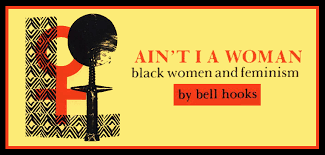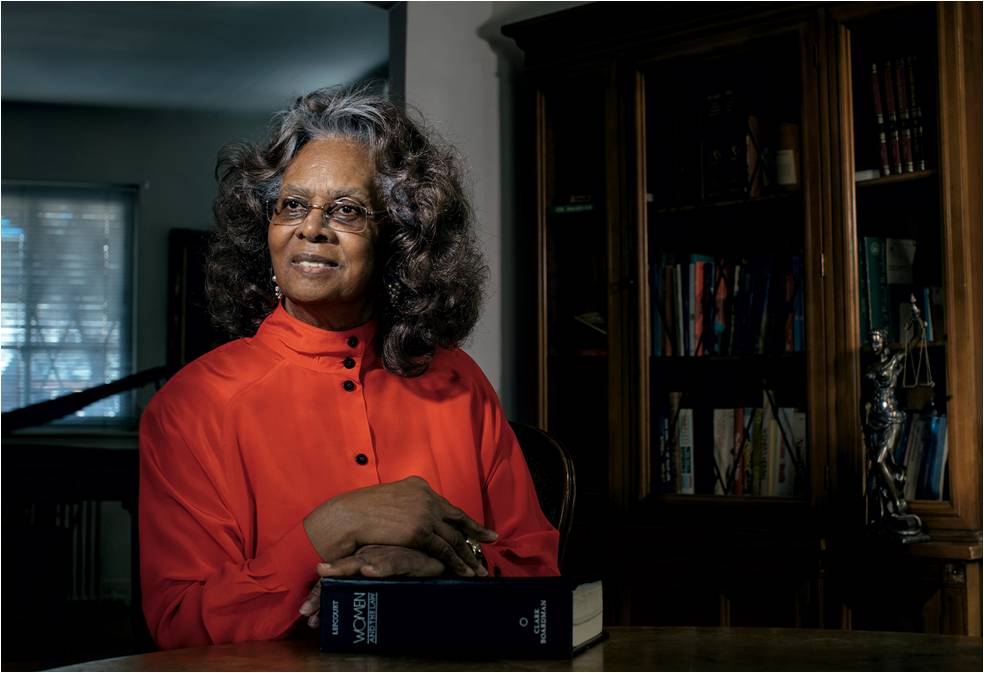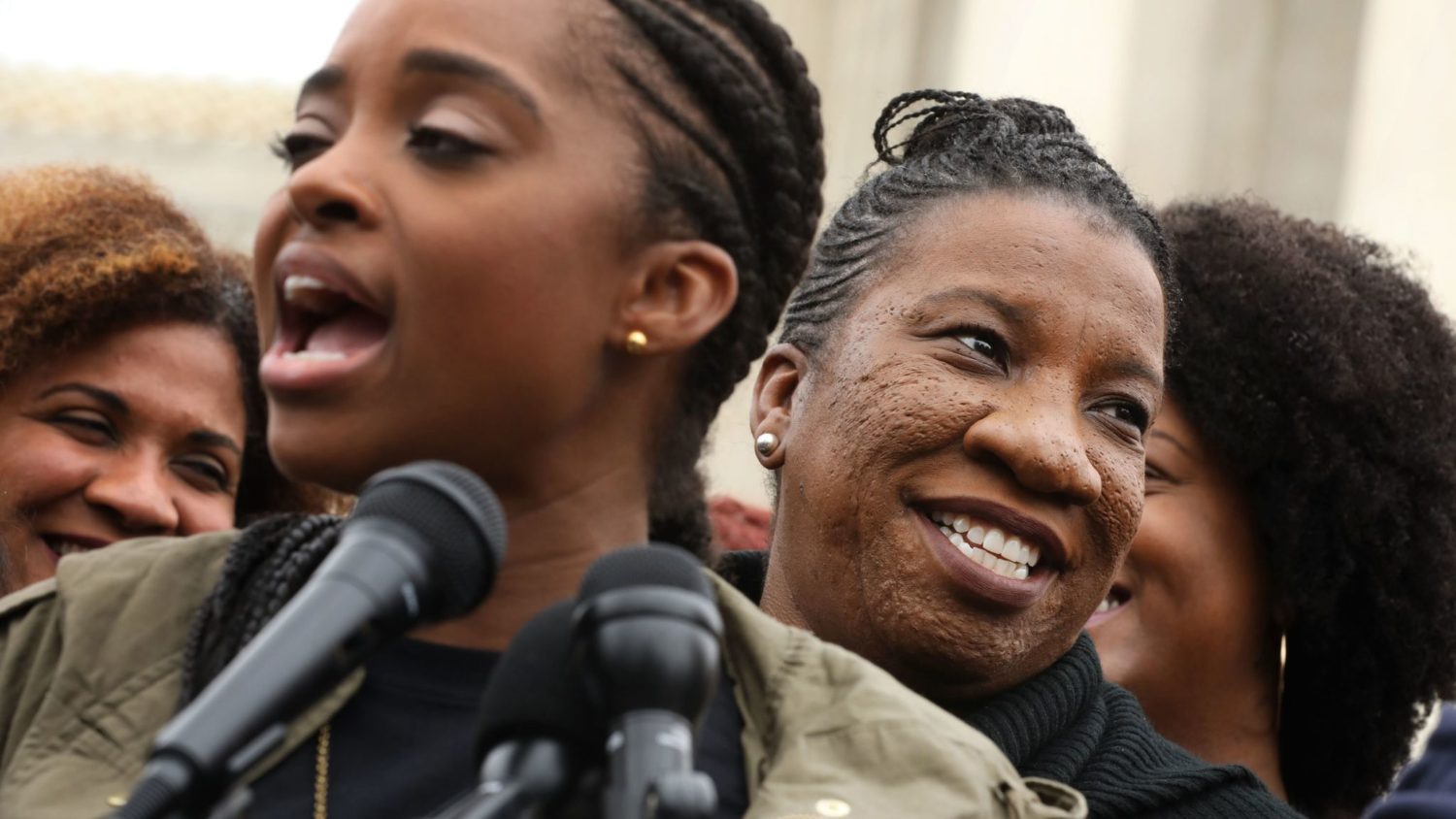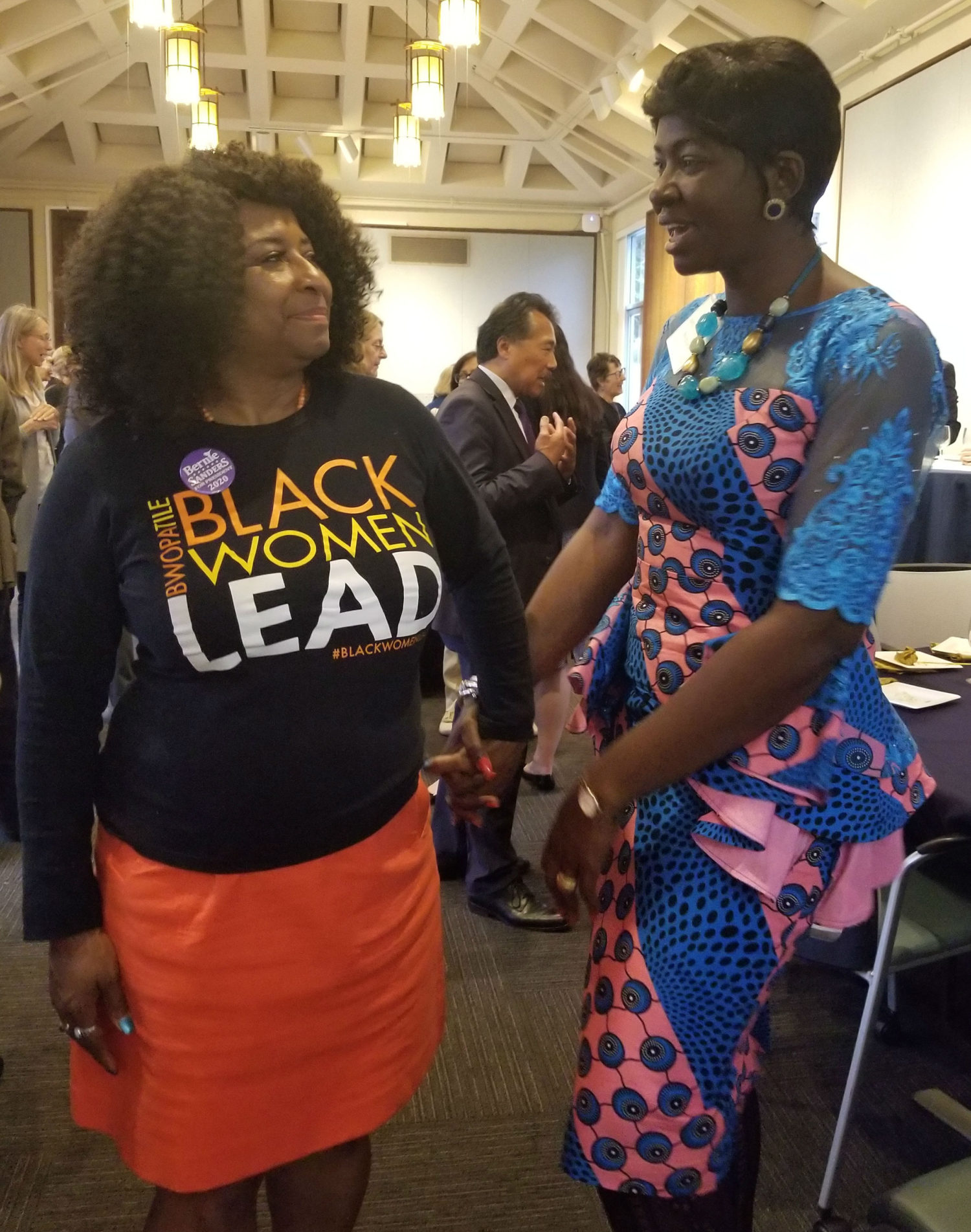#METOO – “Ain’t I A Woman”

The Worldwide #METOO Movement came to Berkeley this week. Fifty speakers came from around the world to talk about global resistance to sexual harassment and violence. I am honored to participate in the conversation and the ongoing struggle against oppression based on gender.
“The most important insight that I can contribute about resistance to sexual harassment and violence is that it is deeply rooted in the intersectional oppression and resistance of Black women.” And so I started to engage with this amazing group of activists, lawyers, professors and students. We are all committed to moving #METOO beyond the popular hashtag into real challenge and change. We must honor and appreciate the roots of this movement as we move “forward and beyond.”
The title “Ain’t I A Woman” goes back to Sojourner Truth’s famous speech on May 29, 1851 in Akron, Ohio. She spoke from her heart and the pain of slavery to challenge white women to “see” her. In 1981, Professor Bell Hooks in her famous book, “Ain’t I A Woman” challenged contemporary white feminists to “recognize” Black women in “their” movement. Ten years later, in 1991, Anita Hill‘s riveting testimony before an all white male Judiciary Committee (headed by Uncle Joe Biden) gave voice to the outrage of women everywhere. After that hearing, the battle cry was “I believe Anita Hill.”
#BlackWomenBuiltThat
The oppression and resistance of Black women created the
law of sexual harassment. In the fall of 1977, I joined the sexual harassment lawsuit called Alexander v. Yale. My political science professor sexually propositioned me. Yale’s band leader raped Ronni Alexander. Ronni’s case was dismissed. Mine was not. As a 21-year-old Black woman, I became the lead plaintiff in the first sexual harassment lawsuit ever litigated in this country in education. We gave sexual harassment a name and made Title IX apply to it.
I was not alone. In 1976, Diane R. Williams, a 23-year-old Black woman attorney won her sexual harassment case against the Dept. of Justice. Diane persisted after the case was overturned on appeal. She started fighting her case in 1972 and kept fighting until she finally won in 1980. Her case was among the first in employment to say that “quid pro quid” sexual harassment is sex discrimination.
Paulette L. Barnes, a Black woman, filed and lost her case against the federal government in 1974. Paulette persisted. On July 27, 1977, a federal appeals court in Washington, D.C. ruled that it was illegal to fire a woman who refused a supervisor’s advances. On the West Coast, Margaret Miller, a Black woman, sued Bank of America for sexual harassment. Margaret lost her case in the district court in 1976. But she persisted. She finally won her case in June 1979.
“Anita Hill’s Grandmother”

Sandra Bundy‘s case was the first federal appeals court case to clearly say that sexual harassment in the workplace is illegal. Sandra sued the federal government in 1977. She lost at trial in 1979 and fought until she won in 1981. Because of Sandra Bundy, women everywhere can say that sexual harassment creates a hostile work environment. As a result, in 1986, Mechelle Vinson, a Black woman, won her hostile work environment case in the United States Supreme Court. She fought her case for almost 10 years, from 1978 to 1987.
From #METOO to #SayHerName
Fast forward 30 years to October 2017. That month, actress Ashley Judd went public with her story of sexual harassment by powerful Hollywood icon, Harvey Weinstein. Soon after that, Actress Alyssa Milano tweets “If you’ve been sexually harassed or assaulted write ‘me too’ as a reply to this tweet.” #METOO goes viral worldwide.

Tarana Burke, a Black woman activist, created the phrase “MeToo” and an organization in 2006 to empower survivors of sexual violence. The worldwide #METOO movement to fight sexual harassment and sexual violence springs again from our oppression and our resistance.
It was my privilege this week to share our history with women and men from around the world. At last year’s conference, Professor Kimberle Crenshaw shared this herstory. Professor Crenshaw’s work on the urgency of intersectionality clearly points the way forward for our #METOO global movement. Black women must not be invisible in this movement. We are the veins in the “kaleidoscope of butterflies” that Professor Catherine MacKinnon so beautifully describes that gives our movement wings. Our power lies in our collective effort.

UC Berkeley Law School, 2019

 The State Bar is asking for public comment on a new rule that would forbid lawyers from having sexual relations with a client unless a sexual relationship existed between them before the lawyer began to represent the client. Lawyers and the public have to make their views known by September 27, 2016. The new proposed rules will be submitted to the California Supreme Court by March 31, 2017. Once approved by the Supreme Court, the rules will apply to 190,000 active lawyers in California.
The State Bar is asking for public comment on a new rule that would forbid lawyers from having sexual relations with a client unless a sexual relationship existed between them before the lawyer began to represent the client. Lawyers and the public have to make their views known by September 27, 2016. The new proposed rules will be submitted to the California Supreme Court by March 31, 2017. Once approved by the Supreme Court, the rules will apply to 190,000 active lawyers in California.